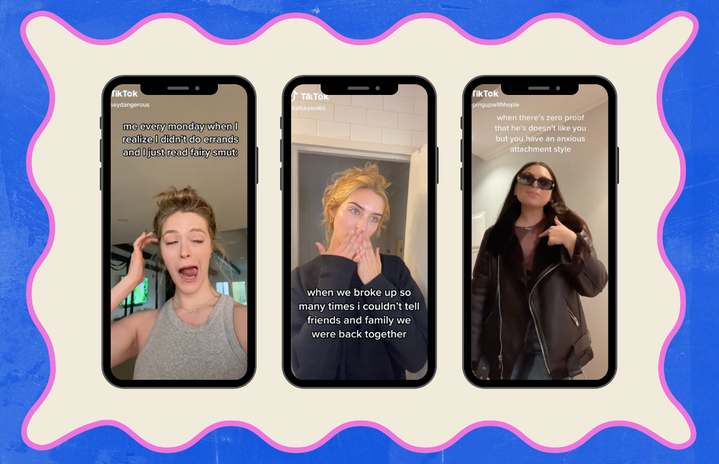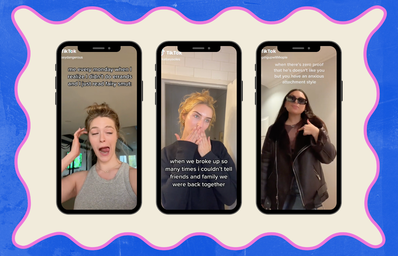Growing up, I always shunned the criticisms of social media, not understanding how these platforms that foster interaction, socialization, and community could harbor ill intent. Now that I’m older, observing its effects on my generation and younger ones, it’s clear that our parents weren’t wrong in trying to warn us.
The development of social media has led to a plethora of issues that continue to perpetuate hate and negativity. As more and more information is put online, it’s terrifying to imagine the horrors that exist within the internet. Accessibility is one of social media’s strengths, although this may not be a good thing. With all the images, videos, and stories circulating around, anybody can become influenced by the visuals they see. These depictions can range from violence, misogyny, severe crimes, etc. that affects young, growing minds.
With everyone having an opportunity for an online voice, these platforms are uplifting people who have damaging ulterior motives. Social media influencers usually don’t have their viewers’ best interests in mind by pushing products that are ineffective, reinforcing harmful beauty standards, or by spreading misinformation. These influencers may prey on adolescent girls who are already growing up in a world of criticism, exacerbating their insecurities. So many videos depict young women picking apart their appearances, pinpointing “problem” areas on their bodies, or asking viewers to help them improve the way they look. Social media has placed the already existing unrealistic beauty standards under a magnifying glass for people to partake in.
As more faceless profiles are created, it seems that kindness is no longer a given; it’s a luxury. With people being able to say anything they want anonymously, hate continues to foster on these social media platforms. Videos completely unrelated to the creator’s looks have comments dedicated to their appearances. This only expands on these insecurities, especially as so many of these profiles are so hyper focused on the way people look. These platforms are supposed to be an opportunity to express yourself and find your community, but these profiles find satisfaction in tearing these people down and diminishing their confidence.
Even though social media has undoubtedly shifted our ability to connect with each other, these flaws are ultimately negatively affecting our society. In an age of such technological prowess, there must be a way for us to rekindle our humanity and fix these online issues. With all of these people using social media, our attention should be on how we can reroute its inner workings.


